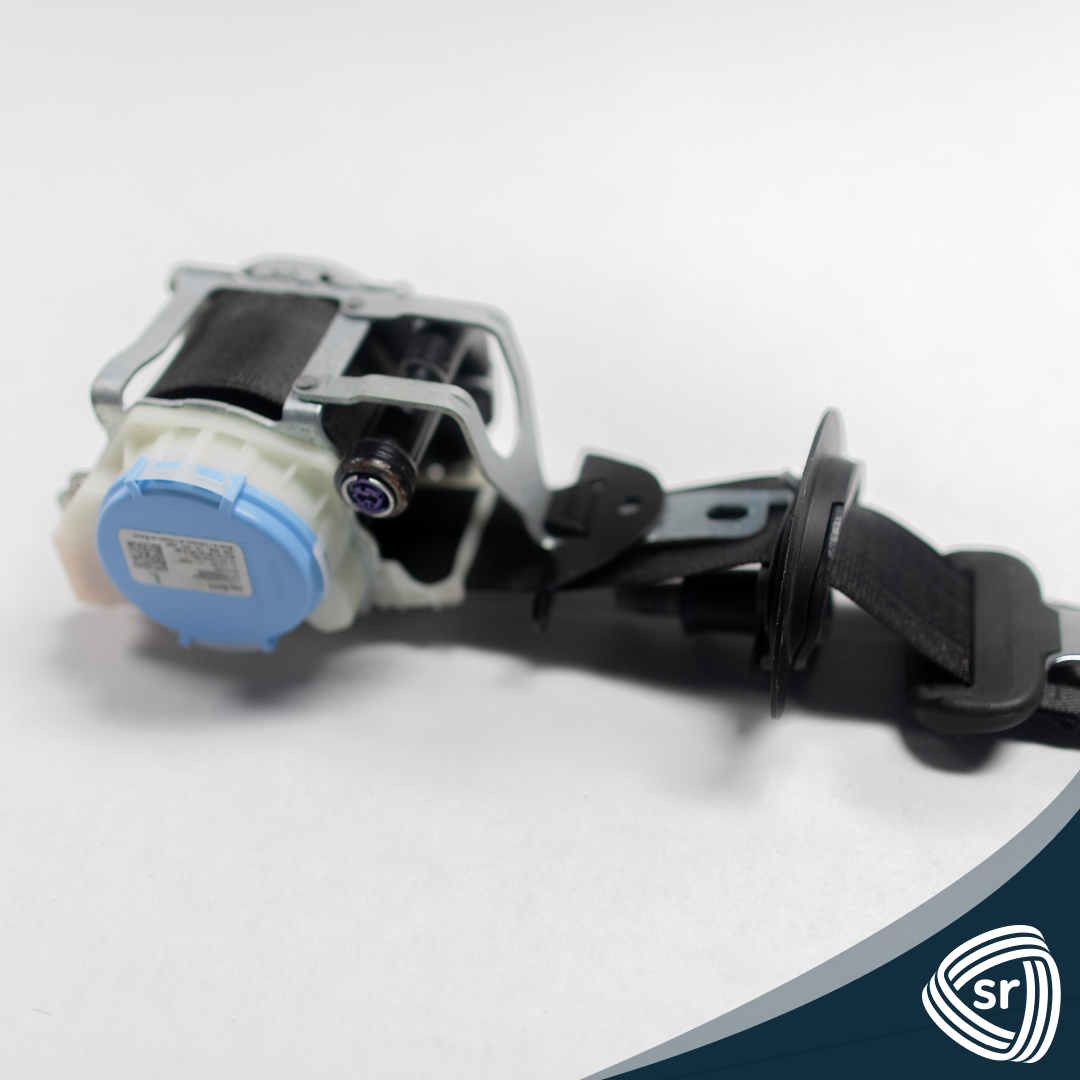While it goes without saying that driver safety is one of the most important things to keep in mind when driving, it becomes even more important as you become older. Despite how tricky driving can be there are certain things you can do to help keep you safe. If this is something that you want to learn more about, read on for five driving safety tips that senior drivers have to know about.
Schedule Regular Vision and Hearing Tests
As people age, some senses, such as hearing and vision, can decline, putting you at greater risk for injury when driving. Common age-related vision problems, such as cataracts, glaucoma, and macular degeneration, make it harder to see clearly or to drive at night. Hearing loss can also limit the ability of an older driver to hear an approaching emergency vehicle or train.
Ask your doctor about scheduling vision and hearing tests. Even if you think you are not experiencing any problems, follow your doctor’s recommended schedule for the exam. Early detection and correction of maladies make it easier to reduce your risk of an accident while you’re out on the road.
Be Wary of Bad Driving Conditions
Improving driver safety means driving during the daylight hours and on clear weather days, avoiding busy roads and familiar areas. If you can’t see the road well, consider delaying your trip or using public transportation. Beyond the conditions of the road, make sure you’re driving safely; don’t drive tired, distracted, or while intoxicated. Follow these guidelines to improve the safety of your trip.
Stay Physically Active
Staying physically active helps you get stronger and more flexible. Being physically active helps you stay safe while driving because it improves your overall motor skills. This makes it easier to turn the steering wheel, look over your shoulder to change lanes, and make other movements while driving and parking. Look for ways to be active every day. Walking is a great choice for seniors as it’s not as harsh on your body as other forms of exercise.
Accept Your Limitations
It’s important to consider your own physical limitations when driving. For example, if your hands hurt when gripping the steering wheel, you can use a steering wheel cover to cushion your hands. Your doctor might also be able to refer you to an occupational therapist, who can provide devices that make driving easier or suggest exercises to help you overcome any challenges you may be having with your body.
Put Your Cell Phone Away
You’re far more likely to have an accident when you drive distractedly. Avoid having to focus on your cell phone by planning before you leave. When you get in your car, you can avoid the temptation of directions or a map by having a route planned before you leave. If necessary, call ahead for directions, even if you use a GPS device. While driving, don’t do anything that takes your focus from the road.
Conclusion
We hope these tips prove to be useful when it comes to helping you stay safe while you’re on the road. While driving may prove to be more difficult as you age, these tips should help preserve your safety. Be sure to keep everything that you learned in mind so that you can avoid accidents and incidents while driving.
To be as safe as possible on the road, you’ll want to ensure that your seat belts are in good condition. If you need seat belt replacements, contact Safety Restore now to find a compatible service for your car! We’re a world leader in post-accident restorations specializing in seat belts and airbag modules. For more information on what we can do for you, visit our website today!


